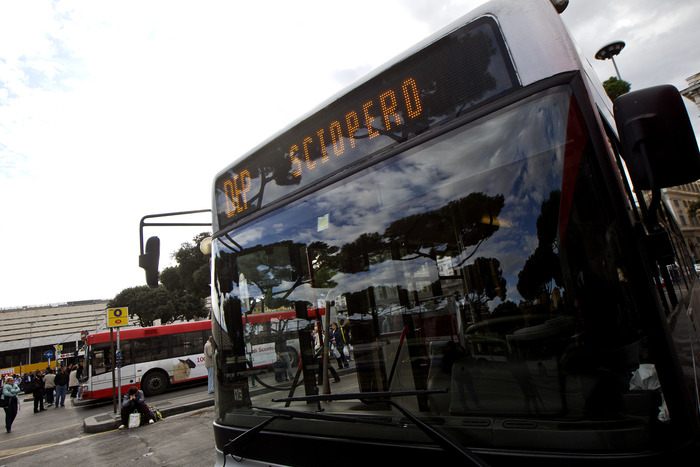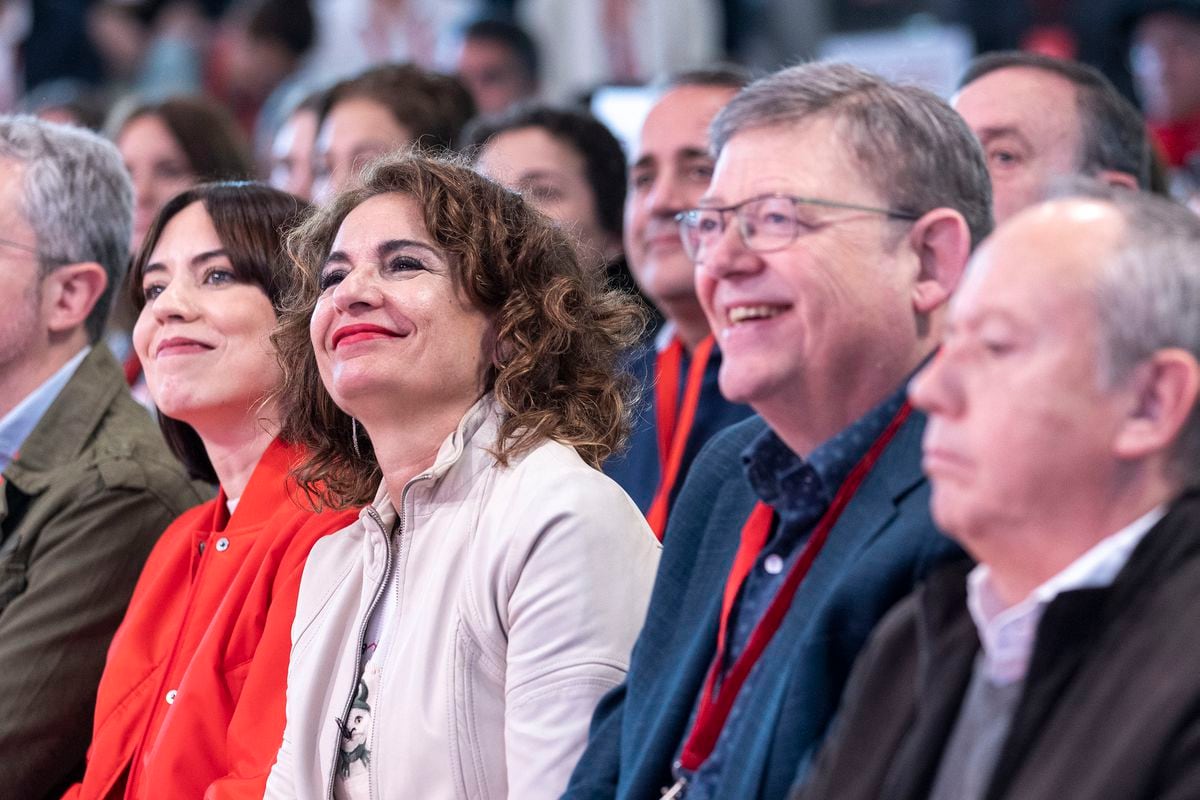The president of the autonomous city of Ceuta, Juan Jesús Vivas (left) and the president of the PP, Alberto Núñez Feijóo (in the center), and the general secretary of the PP of Ceuta, Yolanda Bel, in the Board of Directors of the PP of Ceuta , this Tuesday. Antonio Sempere (Europa Press)
The PP has choked on the territorial debate at the gates of the Andalusian elections, in an unforced error that has disconcerted large sectors of the party and has caused the first episode of discomfort with the new leadership of Alberto Núñez Feijóo.
The leader of the PP had to go out this Tuesday to correct his
number three
, Elías Bendodo, who had defended the "plurinationality" of Spain in an interview, although he later qualified his words.
Feijóo criticized this Tuesday the "rectified error" of his general coordinator and insisted that his model is the one enshrined in article 2 of the Constitution, which establishes the indissoluble unity of the Spanish nation, but also recognizes the "nationalities and regions" that they integrate it.
The speech on nationalities, which the popular leader delivered for the first time at the Cercle de Economía in Barcelona on May 6, referring to "Catalan nationality", has not gone down well in some areas of the PP either.
The fear in the sources consulted is that this debate can give Vox wings.
More information
Feijóo's PP defends that Spain is a "plurinational" State
Before the fire in the match, Feijóo corrected Bendodo forcefully.
The leader reacted firmly to the widespread perception in the PP that an important member of his new leadership has been wrong from start to finish on an issue that is central to the right, the country's territorial model.
“Spain is not a multinational state, that is obvious,” Feijóo defended in Ceuta to questions from journalists trying to settle the matter, although that obviousness had been defended by his newly released
number three,
who is also a counselor to the Presidency of Andalusia and coordinator of the campaign of Juan Manuel Moreno Bonilla for the autonomous elections of June 19.
Feijóo had no hesitation because Bendodo's misstep has caused stupor in all the families of the PP.
From the far right wing of the Madrid PP, where it is heard from the mouths of historical leaders that it has been "an important mistake, which can make the people of Vox who hesitated to return no longer do so", to the more moderate sector .
The sorayista José Luis Ayllón, who was Mariano Rajoy's chief of staff, acknowledged this Tuesday on Cadena SER that Bendodo "was wrong."
But the problem does not end in the plurinationality of Spain, since the malaise also extends in some territories over the debate of nationalities that Feijóo introduced in Catalonia.
"It's a barbarity.
The party is revolutionized because nobody understands this
Galicianization
the Basque Country and Catalonia and because you have to be careful with your words and not adopt the language of the nationalists”, say sources from a regional barony.
"The electoral bump in Catalonia was precisely for adopting that speech to attract the votes of Unió, as evidenced by the rise of Vox in those elections," these sources affect.
Other barons recognize that nationalities are included in the Constitution, but believe that it is preferable not to enter that type of "marshy land".
"What are we?
It's very simple: Spain”, says one.
In the Catalan PP, the territory that this debate would supposedly benefit from, they limit themselves to referring to "Feijóo's speech and clarification, which is the purely constitutional speech of the PP forever."
The paradox is that the PP has returned the debate on the plurinationality of Spain to the forefront of political news seven months after the PSOE renounced that same concept at the 40th Federal Congress that the Socialists held in October in Valencia.
A term that Pedro Sánchez coined in the primary process in which the militancy re-elected him as party leader in 2017, and that generated many discrepancies within the PSOE.
The plurinationality earned the PP to identify Sánchez with the identity positions of the independence movement in recent years.
The theme became recurrent for the PP in its criticism of the PSOE.
“It is neither a multinational state, nor is it a multilevel state nor, excuse me, the mother who gave birth to them,” former president José María Aznar once said.
“Do you defend that Spain is a plurinational State?”, the current president of Andalusia, Juan Manuel Moreno, required of Susana Díaz in the Andalusian campaign of 2018. “How many nations are there in Spain?
You embrace the concept of plurinationality, which only exists in the populist Bolivia of Evo Morales,” Pablo Casado questioned Sánchez in an electoral debate in 2019.
Over time, the PSOE, already in government, abandoned its plurinationality.
In his electoral program for the last general elections (November 2019), he made no reference, not even indirectly, to the plurinationality that Sánchez had championed.
The PSOE finished reorienting its project for the next four years in the Federal Congress of Valencia: from the plurinational Spain it went to the "modern multilevel Spain", which offers "democratic channels of dialogue and agreement within the framework of the law to give exits to situations such as that of Catalonia, in key of greater deepening of the State of the autonomies”.
Exclusive content for subscribers
read without limits
subscribe
I'm already a subscriber




/cloudfront-eu-central-1.images.arcpublishing.com/prisa/XWO3HJP2X5BULKM7DPNQZONJ2Y.jpg)







/cloudfront-eu-central-1.images.arcpublishing.com/prisa/KMEYMJKESBAZBE4MRBAM4TGHIQ.jpg)


